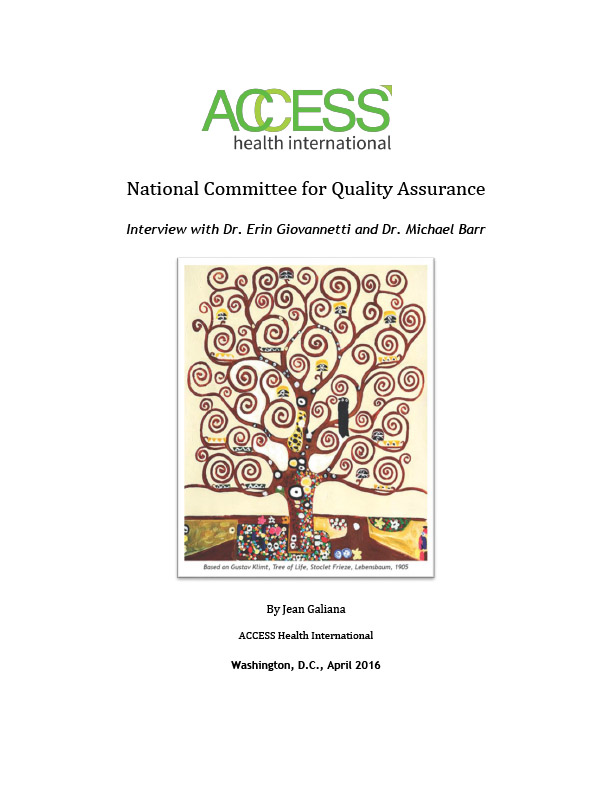The National Committee for Quality Assurance (NCQA) was founded in 1990 to improve the quality of healthcare in the United States. The National Committee for Quality Assurance evaluates and accredits health plans in the United States, the District of Columbia, and Puerto Rico. Health plans accredited by the National Committee for Quality Assurance account for over one hundred million or over seventy percent of all people enrolled in health plans in America.
Patient Centered Medical Homes, often referred to as primary care medical homes, is a primary care model that is team based to coordinate and individualize the care plan of their patients. The American Academy of Pediatrics Council on Pediatrics Practices introduced the Medical Home model in 1967. In 2002, the Future of Family Medicine Project integrated the model within their primary care specialty practice.
This interview with Erin Giovannetti and Dr. Michael Barr explores the Patient Centered Medical Home and its benefits in more detail. Multiple peer reviewed studies and a report by the National Committee for Quality Assurance found that a well functioning Patient Centered Medical Home realizes better self reported health outcomes, better cancer and diabetes screening rates, nearly five percent lower costs per Medicare beneficiary, eleven percent lower growth in emergency department visits, reduced health disparities, and improved access to care for patients. Providers also realized an up to a four and a half to one return on their investment after becoming Patient Centered Medical Homes.


